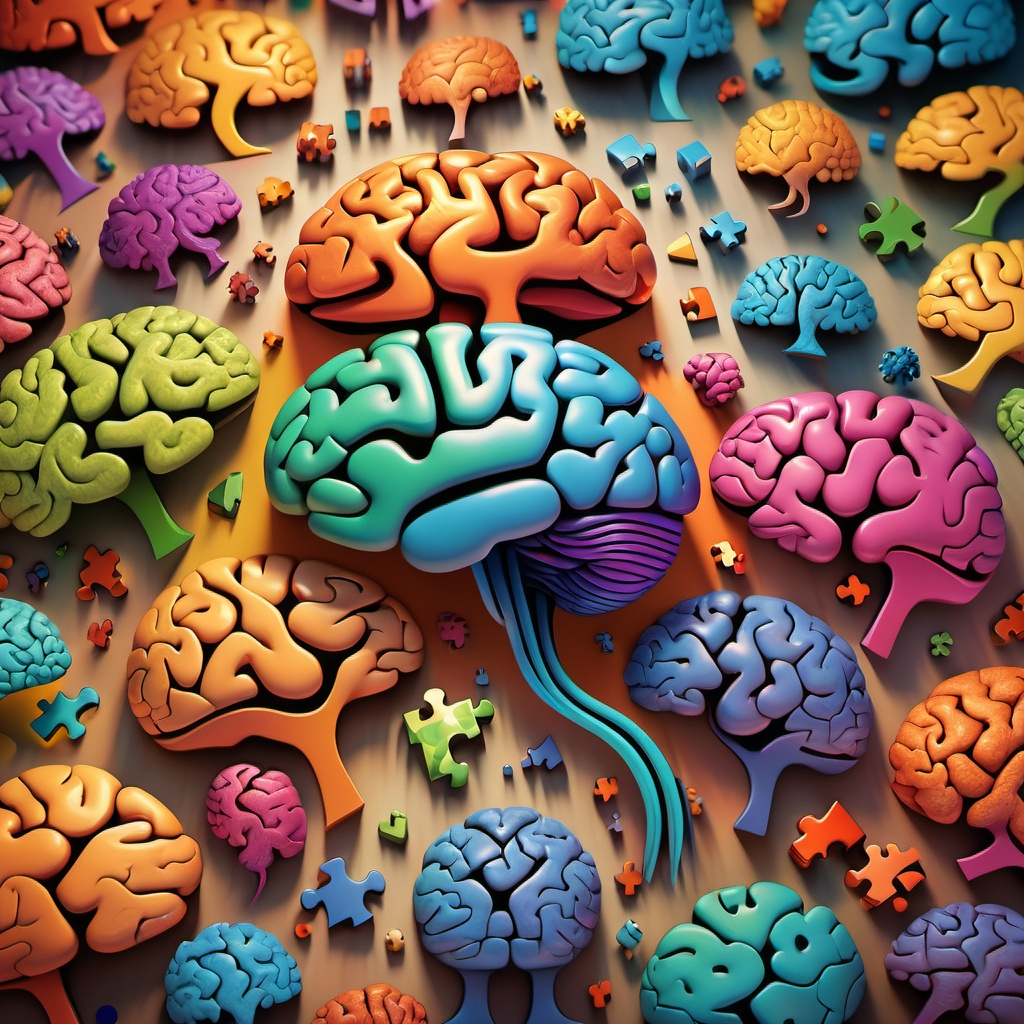Introduction

Neurodiversity Celebration Week is an annual global initiative that aims to challenge stereotypes and misconceptions about neurodevelopmental differences. Founded in 2018 by Siena Castellon, the week encourages schools, universities, and organisations worldwide to recognise and celebrate the unique strengths and talents of neurodivergent individuals.
Understanding Neurodiversity
Neurodiversity refers to the natural variation in human brain function and cognition. Conditions such as autism, dyslexia, ADHD, and dyspraxia are considered part of this spectrum. Embracing neurodiversity involves recognising that these differences are not deficits but variations that contribute to the rich tapestry of human experience.
Self-identification
In the UK, self-identification as neurodivergent is becoming increasingly common, reflecting a growing awareness and understanding of neurodiversity. A 2023 survey in Wakefield found that 6.4% of adults considered themselves neurodivergent, while a 2024 survey indicated that 30.1% of school-aged respondents identified as such.
Nationally, it’s estimated that approximately 15% of the UK population is neurodivergent, encompassing conditions like autism, ADHD, dyslexia, and dyspraxia.
These figures suggest that millions of individuals in the UK self-identify as neurodivergent, highlighting the importance of fostering inclusive environments that recognise and support the diverse cognitive profiles within society.
Pupils with Special Educational Needs
As of January 2024, approximately 1.7 million pupils in England which represents 18.4% of the total student population have special educational needs (SEN).
These students often face significant challenges, including:
- Educational Attainment Gaps: Pupils with SEN typically experience substantial attainment gaps compared to their peers. For instance, at age five, children receiving SEN support are already one year behind their peers.
- Bullying and Social Isolation: Students with SEN are at a higher risk of bullying and social exclusion, which can lead to increased anxiety and stress. Supportive environments, such as those provided by specialised schools, are crucial in addressing these issues.
- Access to Resources: There is a growing demand for specialised educational resources and support services. However, funding constraints and resource limitations can hinder the provision of adequate support.
Addressing these challenges requires a comprehensive approach, including increased funding, specialised training for educators, and the development of inclusive educational practices that cater to the diverse needs of all students.
Neurodivergence in the Workplace
Neurodivergent employees with conditions such as autism, ADHD, dyslexia, and dyspraxia often encounter unique challenges in the workplace. These challenges can impact their performance, well-being, and career progression.
Common Challenges Faced by Neurodivergent Employees:
- Sensory Sensitivities: Many neurodivergent individuals experience heightened sensitivity to sensory stimuli like bright lights, loud noises, or strong smells, which can lead to discomfort and decreased productivity.
- Social Interaction Difficulties: Navigating social dynamics, such as interpreting non-verbal cues or engaging in small talk, can be challenging, potentially leading to misunderstandings or feelings of isolation.
- Rigid Thinking Patterns: A preference for routine and resistance to change can make adapting to new tasks or organisational shifts more difficult.
- Executive Functioning Challenges: Difficulties with planning, organising, and managing time can affect task completion and meeting deadlines.
- Stigma and Misunderstanding: Persistent stereotypes and misconceptions about neurodivergence can lead to discrimination, affecting job security and career advancement.
Participating in Neurodiversity Celebration Week
Neurodiversity Celebration Week is scheduled for March 17–23, 2025. Individuals and organisations can participate by:
- Educating Themselves and Others: Learn about various neurodivergent conditions and share this knowledge to foster understanding.
- Organising Events: Host workshops, seminars, or discussions that highlight the strengths and contributions of neurodivergent individuals.
- Supporting Neurodivergent Individuals: Advocate for inclusive practices in educational and workplace settings to ensure equitable opportunities.
For more information and resources, visit the official Neurodiversity Celebration Week website.
By embracing neurodiversity, we can create more inclusive and equitable communities that celebrate the diverse ways in which people think and learn.








